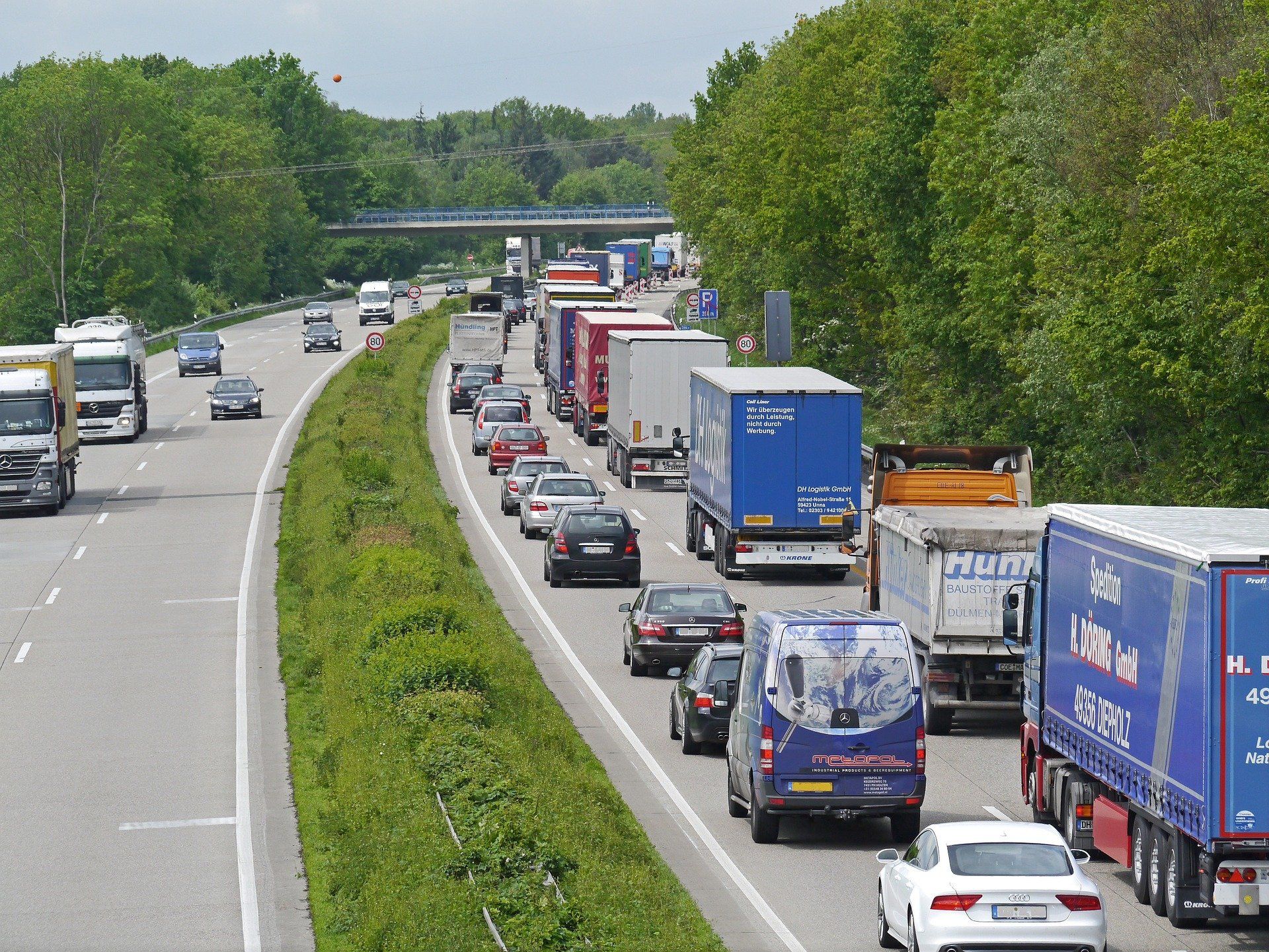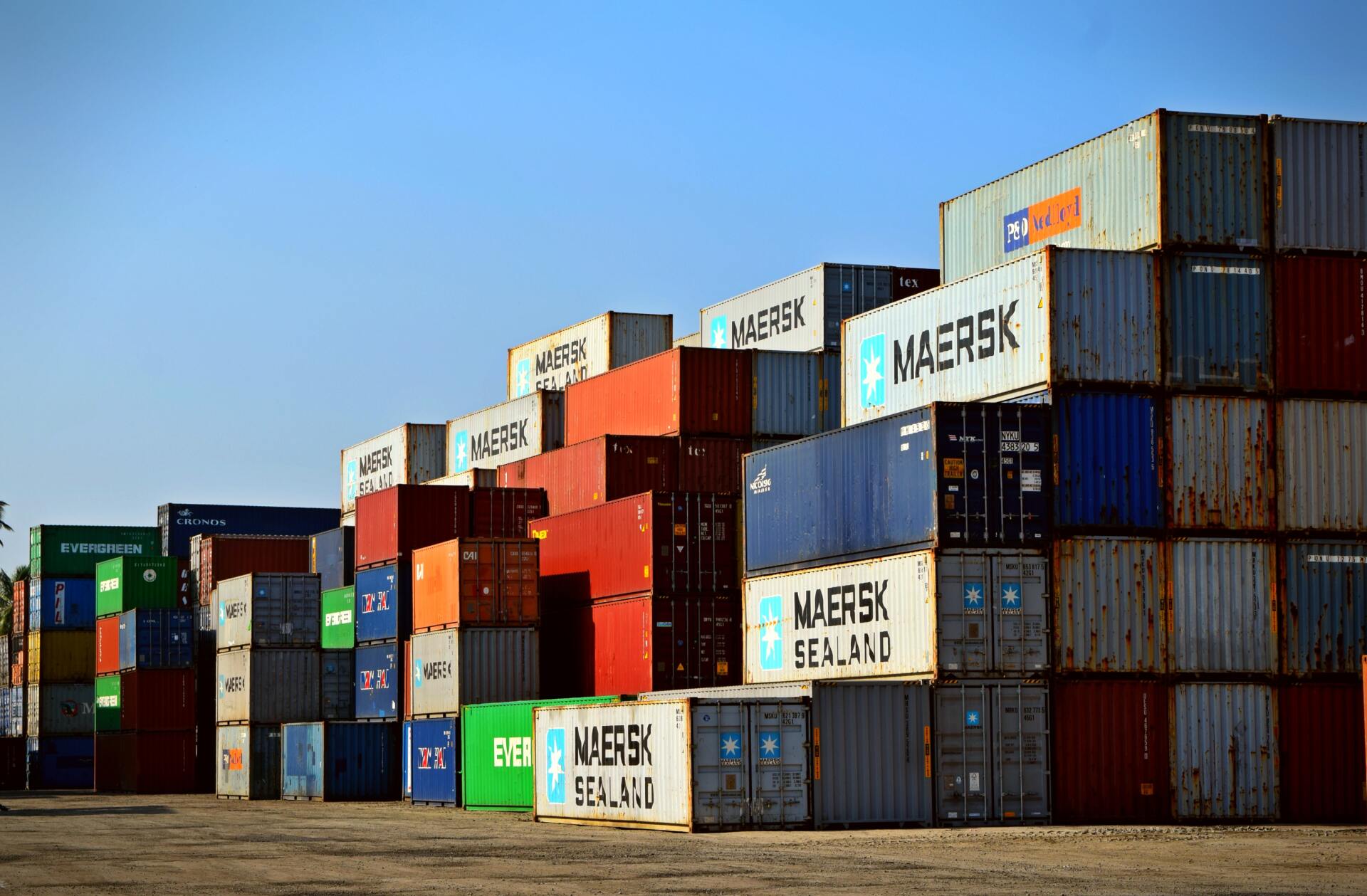News

Navigating imports and exports between Europe and the United Kingdom has become more challenging after Brexit. With new rules and procedures in place, businesses must stay informed and adaptable. If you or your business plans to export goods from any European country to the UK, it's important to understand the current regulations. Our new article will guide you through the key steps to ensure a smooth export process.

In view of the upcoming holiday season, we would like to take this opportunity to thank our customers, logistics and overseas partners for their continued support and cooperation that we have established over the past year, and to advise on our services during the festive season. Our office will be open until 4 p.m. on Friday, December 24. We will then re-open on Tuesday 28 from 8am with fewer staff. May we be the first to wish you a Merry Christmas and a peaceful and prosperous 2022! INTL Network Logistics Team








